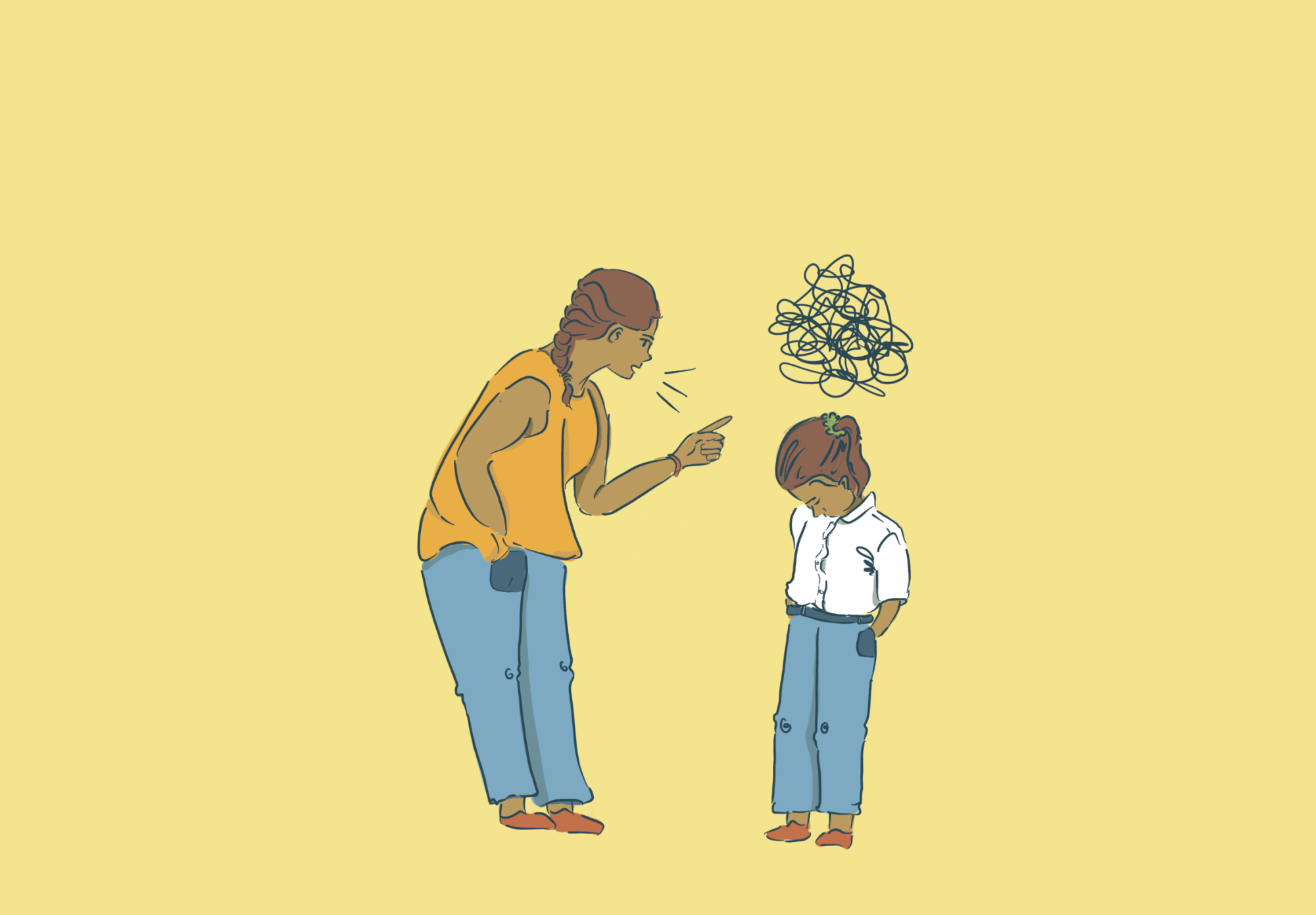We’ve all disobeyed our parents in one way or another. As kids, it was so hard for us to grasp why our parents refused to understand our reasoning when they were once our age, too. However, as we get older and gain more life experience, we’ve grown to understand that everything they did was in our best interest. We shouldn’t take our parents for granted because, in the end, they want what’s best for us.
The monetary challenges of raising a human into adulthood can be overwhelming, even for high-income parents. This weight is especially prevalent for parents who have low-income jobs, are single parents or have children who are ill or need special attention. For this reason, many parents sacrifice their wants and needs, taking extra jobs so that their children do not experience the distress of poverty and are provided with everything they need. Some parents even sacrifice their career aspirations—either by leaving their job or settling for jobs that are less desirable but more accommodating to child care. Even if both parents keep working, they are more likely to tolerate jobs that are overbearing and stressful so they can keep providing for their children rather than simply resigning or taking long respite periods.
Children demand the fulfillment of many different needs at various points in their lives. This can take a toll on parents, too. For example, infants and toddlers require more assistance to stay alive than we do now—though that may be debatable. When we, as children, get older, we start to clash with our parents as we discover more autonomy and individuality. The pressure is put on our parents to quickly adapt to changes with little room for mistakes, as it can impact how we turn out. Meanwhile, they are navigating their own life with no prior experience, which can be very difficult.
Another reason to be grateful for our parents is that they willingly took the role of a villain by establishing boundaries that we once tested. As children, it seems like our parents nag at us because they want to make us miserable or want control. Especially in certain situations where one parent takes the responsibility of disciplining alone, we are likely to prefer the parent that is more easy-going. Even so, they are willing to accept the fact that they will not be liked by their children at certain moments in time and will even receive criticism from them as long as they can ensure their children will be ultimately happy and healthy. When our parents discipline us for certain behaviors, they do so because they care and want what’s best for us. We’ve all been called lazy at some point in our lives or been told to get off our phones. At the moment, we may feel angry and misunderstood. But, in our parent’s eyes, they are correcting our bad habits. Adults are able to see the long term effects of things. As kids, we were, and still are, short-minded at times. Which may also be why we don’t see the value in their discipline.
In regards to decision making, we are prone to being annoyed that our parents want to hold power over us in areas like school, careers, buying a house or car or having an opinion in marriage. However, if we listen closely to what they say and give them a chance to speak instead of shutting them down, we may realize that they have a point. It is crucial that we feel grateful that our parents risked being the villain and being hated to protect us, even if it is hard for them.
Of course, this excludes parents who are abusive, negligent or think of their children as a resource to take advantage of. But, it is also crucial that we show our parents more generosity. This is their first time being parents, and they are bound to make mistakes and do hurtful things, even if they did not have ill-intentions. Though it is our right to be provided for by our parents and it is their responsibility to raise us, it should never be taken for granted.


